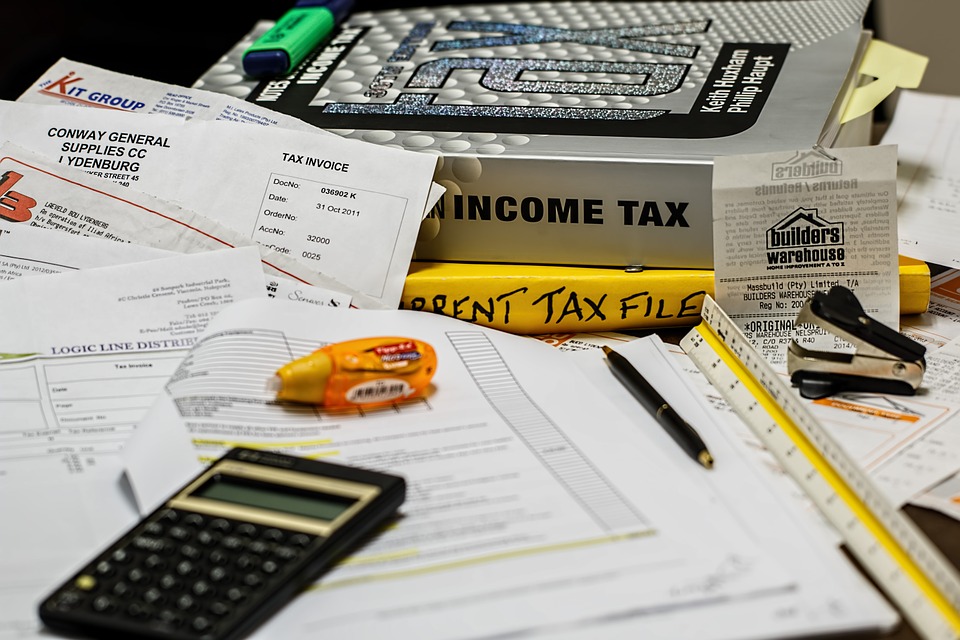EY: A fifth of self-employed UK workers leave their tax return until the last minute
The online tax return deadline looms at the end of January, and according to new research from EY TaxChat, up to a fifth of self-employed UK workers surveyed may not yet have completed their return.

The research found that 19% of self-employed UK workers – which equates to over 850,000 people – claim not to complete their online tax return until January each year, with 13% completing it in December and 7% in November.
Based on a survey of self-employed UK workers, the research looks into attitudes around completing a tax return, and finds that not only are a significant number leaving it to the last minute, but one in seven (14%) have missed the deadline before and incurred a fine. Of those fined, the majority (70%) have had to pay the standard £100 fine, but 28% have paid more.
A total of 13% of respondents who have incurred a fine claim to have paid somewhere between £501 and £5,000 due to a prolonged delay or additional interest being added, and over a quarter (29%) of late submitters said they have had to pay up to £500 more than they expected after having a tax return adjusted.
Mark Lee, UK EY TaxChat leader, said: “Filing a tax return is a once-a-year event that can creep up on many, including the self-employed, and often results in a rush in January to get everything done before the deadline. Large numbers don’t quite get there and end up submitting theirs late, which can be a costly – and needless – mistake.”
While the survey found that more than a quarter of respondents (26%) claim they start their tax return at the time that suits them, 24% say they do not have access to all the information they need until much nearer the end of the year. Other reasons for people putting off completing their tax returns include: can’t face digging out all the necessary documents (20%), hating the admin it involves (23%) and finding it boring (22%).
According to the research, a tax return takes most self-employed workers roughly four hours to complete. However, for more than one in eight (13%) it takes a lot longer, with those estimating it taking more than a seven-hour working day to complete.
When thinking about the emotions that a tax return evokes, nearly two in five (38%) say it causes them stress, while 30% associate preparing it with anxiety and 29% a feeling of dread. For many, professional help is required, and more than two in five (42%) respondents have sought qualified advice. However, the survey also showed that 28% believe seeking professional support may be too expensive for them.
Mr Lee concluded: “Thousands of individuals, including the self-employed and landlords, dread the completion of their tax return every year. They leave it until the last minute to complete which not only causes stress and anxiety, it increases the chances of late submission or making a mistake, both of which can lead to penalties.
“There are many ways for people to ease the burden. Starting your tax return earlier in the year eases time pressure, and those who find it a stressful experience could consider seeking support from a qualified tax professional.
“Both should make the process simpler, and support is often more affordable than many might believe. It also greatly reduces the chance of penalties for errors or late submission and in some cases will save taxpayers money as a tax adviser will ensure all reliefs and allowances are claimed appropriately.”










